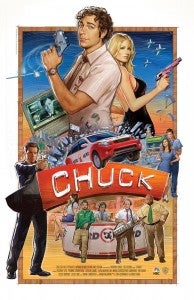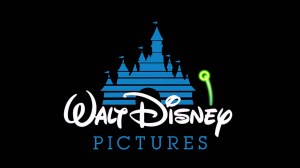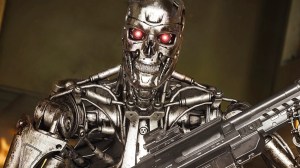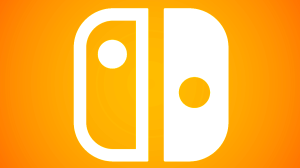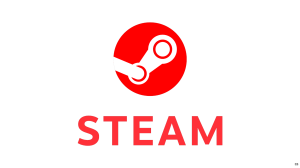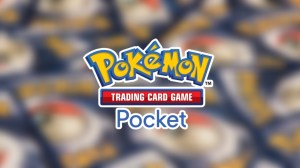That headline’s a little bomb humor for all you keeping score at home.NBC’s Chuck wrapped up its five-year run last night with an emotional two-hour finale. During its lifespan, Chuck was critically acclaimed and beloved by a group of fans just slightly too small to ever keep the show out of the cancellation danger zone.Sound like any comics you know? But that’s another story for another time.Chuck starred Zachary Levi (who later came to fame with Disney’s Tangled), was co-created by Josh Schwartz, the showrunner of The OC and Gossip Girl, and features some of the best guest-stars and villains in television, including Chevy Chase, Linda Hamilton and Timothy Dalton. It’s written by geeks, for geeks in a way that’s more accessible and believable than shows that seem to disintegrate into pandering and self-parody while trying to prove that they “get” the subculture. A well-acted and clever show, Chuck has been consistently one of the best programs on network television since it debuted in the months before the 2007 Writers’ Guild of America strike that abbreviated many shows’ seasons and sunk a number of promising new shows that simply didn’t have an opportunity to find a big enough audience before TV briefly shut down.There was, as early as the end of Chuck‘s first season, the very real possibility that the show would never see the light of day again but that was only the opening salvo in an ongoing series of false stops that saw the fan-favorite show claw its way back from the brink of cancellation year after year. Near the end of the second season, when rumors had it that the show was finished, fans of the series famously targeted Subway, a major advertising sponsor of Chuck, with a campaign whereby they bought turkey subs and then left
CHUCK Goes Out With(out) a Bang
That headline’s a little bomb humor for all you keeping score at home.NBC’s Chuck wrapped up its […]


